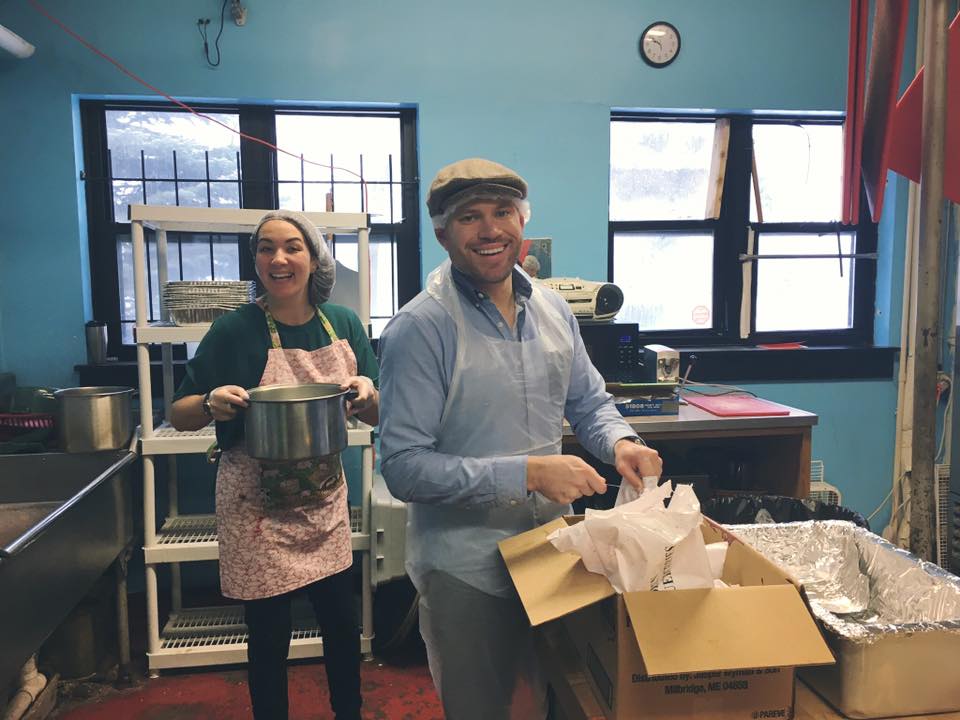Privilege

The beauty of a poverty simulation, is just that, it is a simulation. Afterward you get to go back to your regular life. So often we forget to consistently consider the other side. Or not even the other side just other people.
Our first day session for the 2017 class was focused on Hunger and Poverty. We visit non-profits throughout the community (ex. Food Bank, City Mission, Matt Urban Hope Center, St. Vincent De Paul, Meals on Wheels, Gerard Place, etc.) and end the day with a poverty simulation through the United Way of Buffalo and Erie County. It is always my favorite day because it sets the tone for the rest of the year.
This year was special for me as I participated in the Rural Outreach Center's #ROCResolutions challenge just a month prior. My task was three outfits for one week and one pair of shoes. Initially, I thought it would be simple - clothes are just things. However, I quickly realized that "things" to someone without many things are far more important and sentimental. While I thought I was very in tune with myself, I realized I take too many things for granted.
I grew up privileged. I am white, educated and was raised in Williamsville. I was able to see the world in different ways; I attended a university of my choosing, moved to Florida on a whim, and when returned, found a job that would act as a stepping-stone for my career. Sure, I have had my fair share of issues along the way, but I also had (and still do have) a support system that is strong.
How many times do we stop and think about our privileges? I'm sure it is not enough.
Working at Leadership Buffalo has opened my eyes 10 times over to the injustice and the poverty of my community, and I am grateful for that knowledge and the ability to give back. The ROCResolutions challenge showed me another community, something outside my comfort zone.
Let me lay down some basics for you:
- For the first time since 1954, there is more poverty outside of cities.
- In Erie County, 62% of people living in poverty live outside the City of Buffalo.
- The rural poor have fewer resources, less transportation options and services more spread out.
- 41% of rural communities do not have access to public transportation.
- 224 billion free or reduced lunches have been served since 1946.
So now we have all this information, what do we do with it? My only hope for this blog is that one of you reading this will take action. We all share the world and it is up to us, not just those in power, to make a change.
Volunteer at a local organization, create challenges for yourself to generate empathy, participate in a poverty simulation, sit down and talk to someone that is the opposite of you, OPEN YOUR MIND.


